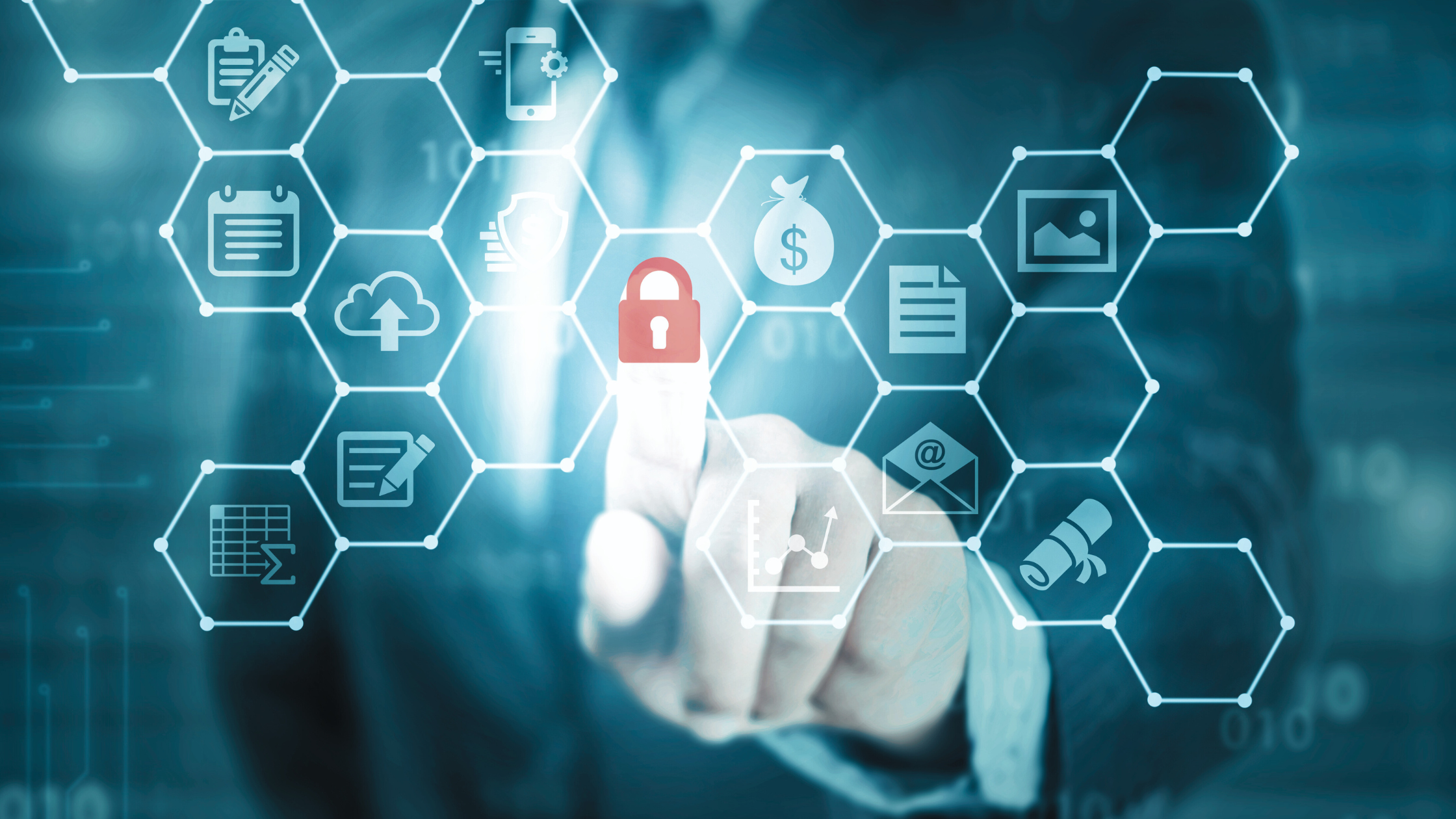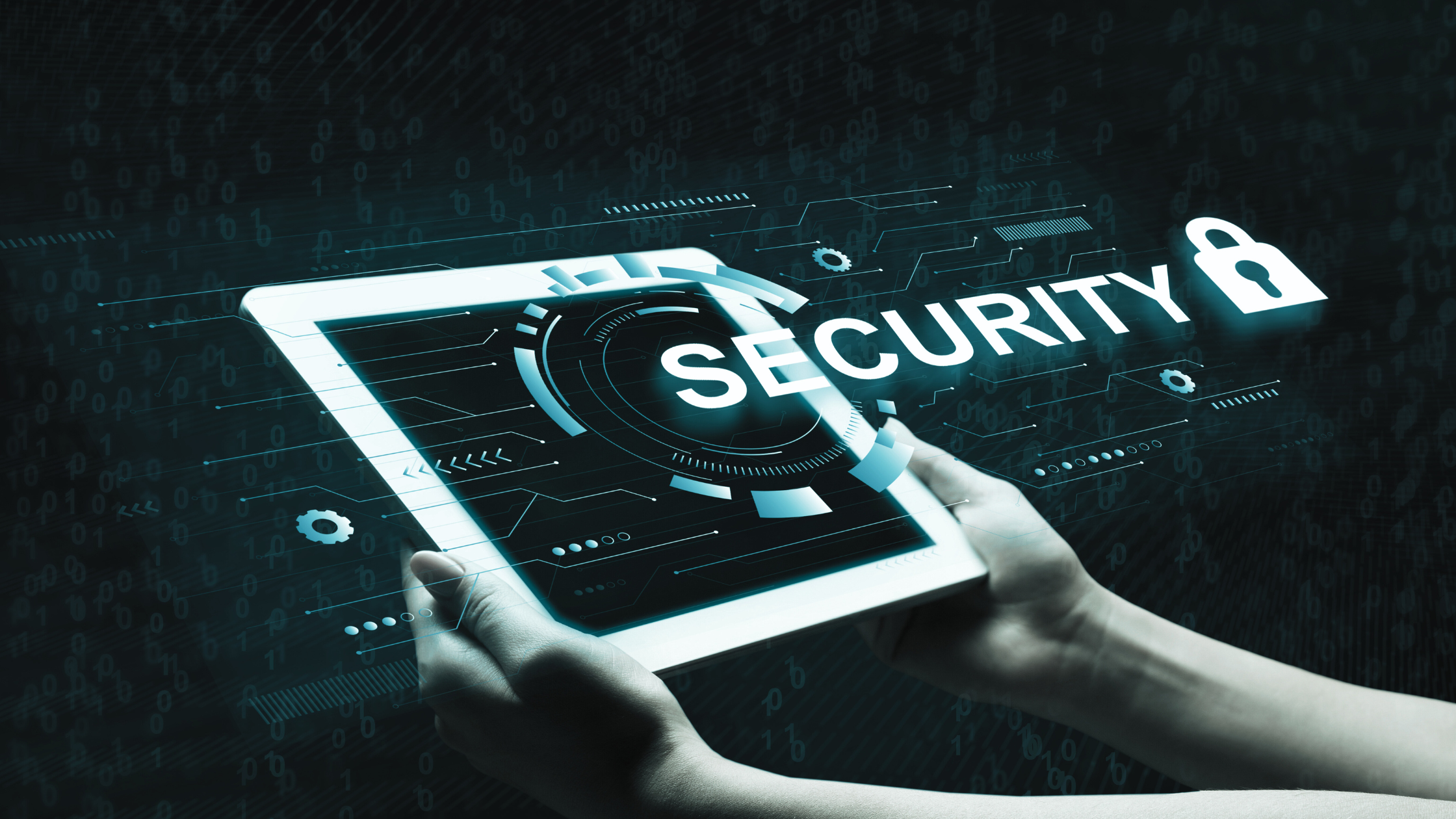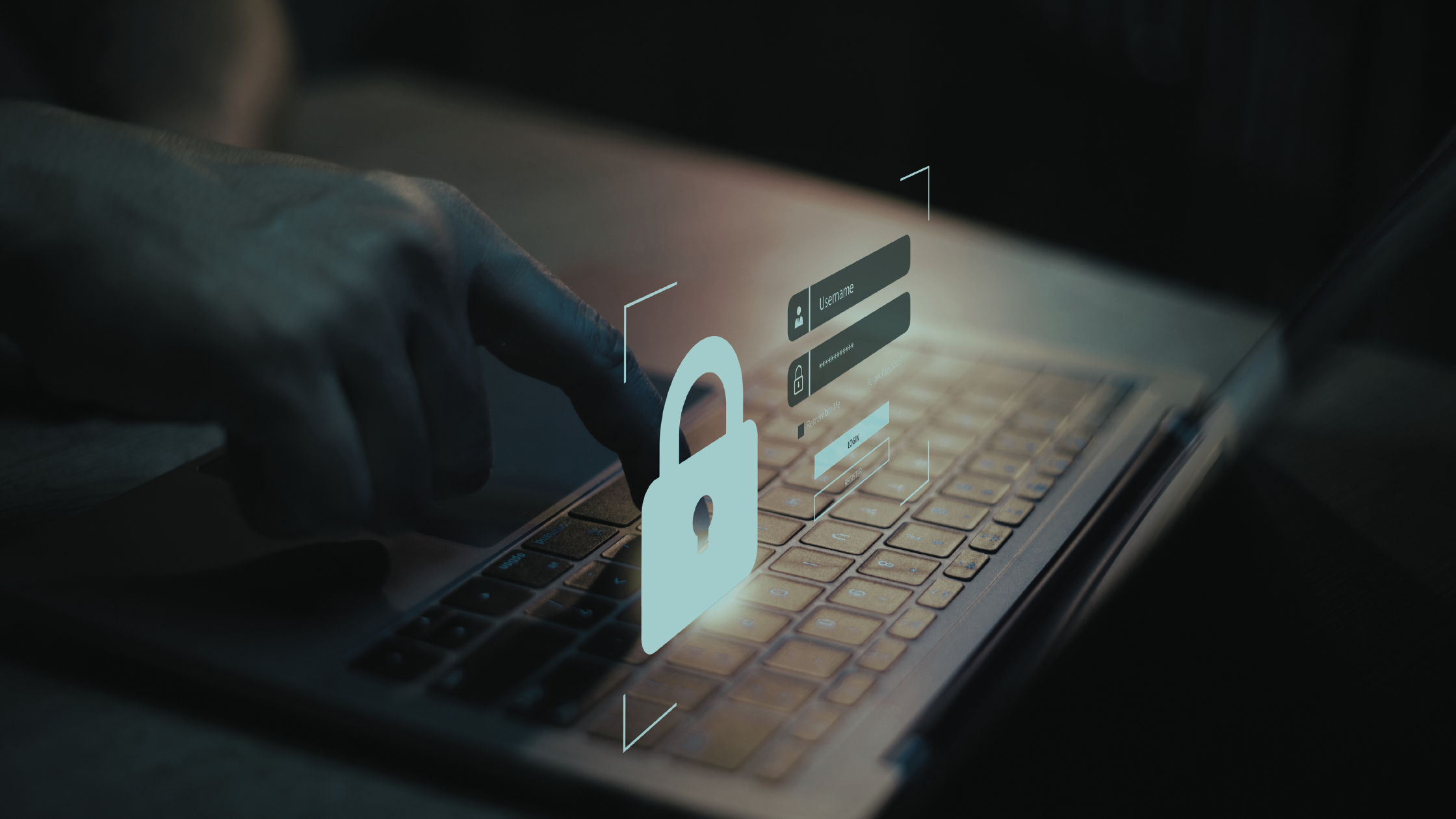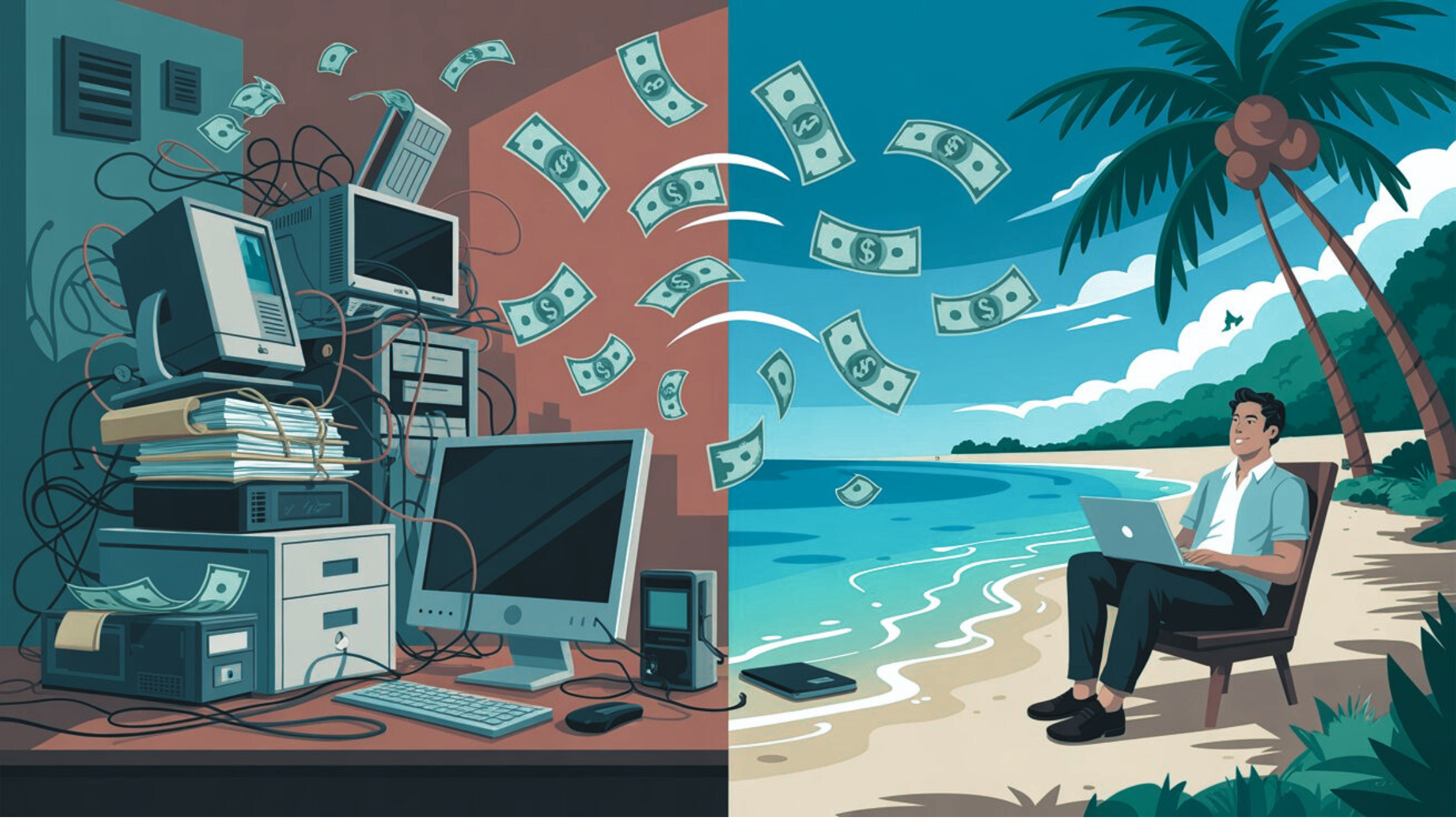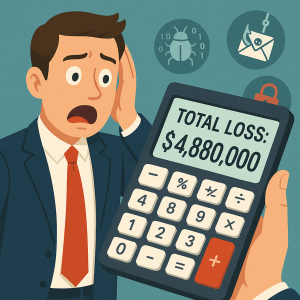 The average cost of a data breach has skyrocketed to $4.88 million, according to IBM’s 2024 Cost of a Data Breach Report. That’s not just a number that hurts Fortune 500 companies—it’s a figure that should keep small business owners awake at night.
The average cost of a data breach has skyrocketed to $4.88 million, according to IBM’s 2024 Cost of a Data Breach Report. That’s not just a number that hurts Fortune 500 companies—it’s a figure that should keep small business owners awake at night.
Why? Because today, small and mid-sized businesses (SMBs) are the most common targets for cybercriminals. Hackers know SMBs often have weaker defenses, smaller IT teams, and more to lose if operations are disrupted. While a large corporation might absorb the financial hit, most small businesses can’t.
And the financial impact goes far beyond a ransom payment. A breach can result in:
-
Downtime that halts your operations for days—or weeks
-
Lost customers who no longer trust your company
-
Legal and regulatory penalties for data mishandling
-
Ransom demands from cybercriminals
-
Reputation damage that lingers for years
The reality? One major cyberattack could close your doors for good.
The Game-Changer: Endpoint Detection and Response (EDR)
To combat today’s advanced threats, many businesses are turning to Endpoint Detection and Response (EDR). Think of EDR as a 24/7 digital security guard that’s always on watch.
While traditional antivirus software blocks only known threats, EDR monitors everything happening on your company’s devices—every login, file change, and unusual activity. The moment suspicious behavior is detected—whether it’s ransomware spreading across your network or a login attempt from another country—EDR acts immediately to stop it.
This is crucial because modern cybercriminals don’t just “break in” anymore. They often log in using stolen credentials, disguise malicious files to look legitimate, and lurk silently until the perfect moment to strike.
EDR shuts them down before they can cause harm.
Why EDR Matters More in 2025
Cyberattacks have evolved. Phishing emails are more convincing, ransomware is more sophisticated, and hackers are leveraging AI to bypass traditional security measures. That’s why relying on outdated antivirus tools is no longer enough.
Even worse, stolen login credentials—often obtained through phishing—are now the number one cause of data breaches. Once attackers get inside, they can move through your network undetected. Without EDR, you might not even know they’re there until it’s too late.
Cyber Insurance Is Raising the Bar
Here’s something many business owners don’t realize: cyber insurance providers now require proactive security measures like EDR. Without them, you may not qualify for coverage—or your claim may be denied after a breach.
It’s like trying to collect on a fire insurance policy when you never installed smoke detectors.
What’s at Stake for Your Business
If you’re still wondering whether EDR is worth it, consider this: for the cost of implementing advanced protection, you could save millions in potential losses—not to mention your company’s reputation and customer trust.
The average cost of a data breach is climbing each year. And if you’re operating without EDR, MFA (multi-factor authentication), and employee security training, you’re leaving the door wide open for cybercriminals.
How to Protect Your Business Now
At Iler Networking & Computing, we help SMBs close their security gaps with a proven, layered cybersecurity approach—including EDR deployment, network monitoring, and incident response planning. We also keep our clients compliant with insurance and industry-specific regulations like HIPAA and PCI DSS.
If you want to understand the full impact of a data breach and how EDR can help, IBM’s Cost of a Data Breach Report is a must-read resource.
Don’t Wait Until It’s Too Late
The average cost of a data breach isn’t just a statistic—it’s a reality check. Could your business survive a $4.88 million hit?
Let’s make sure you never have to find out. Schedule a free discovery call with our team today. We’ll walk you through your current cybersecurity posture, identify vulnerabilities, and outline a protection plan that works for your budget—without the tech jargon or sales pressure.
Better safe than sorry—especially when “sorry” could mean closing your doors for good.

